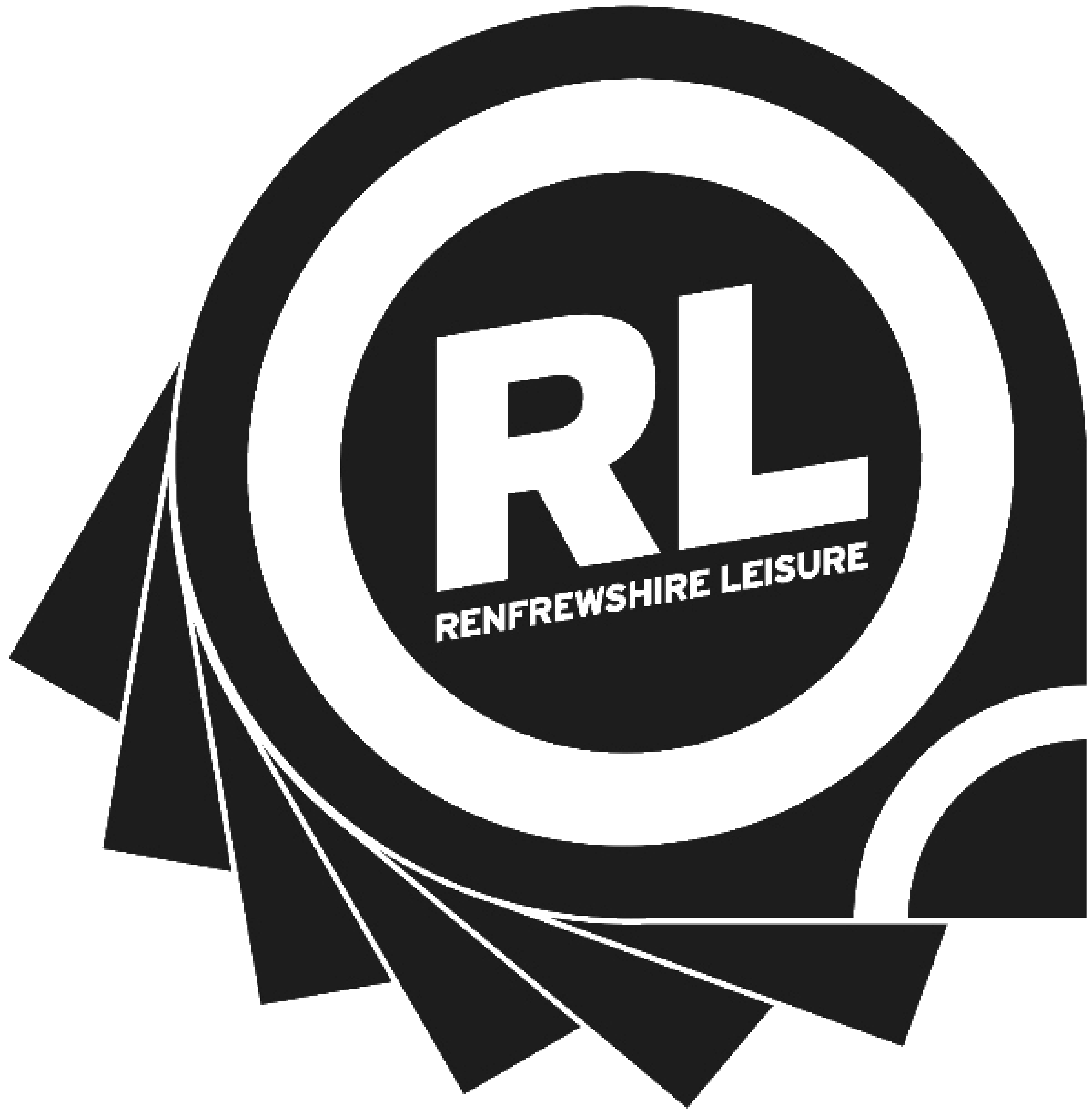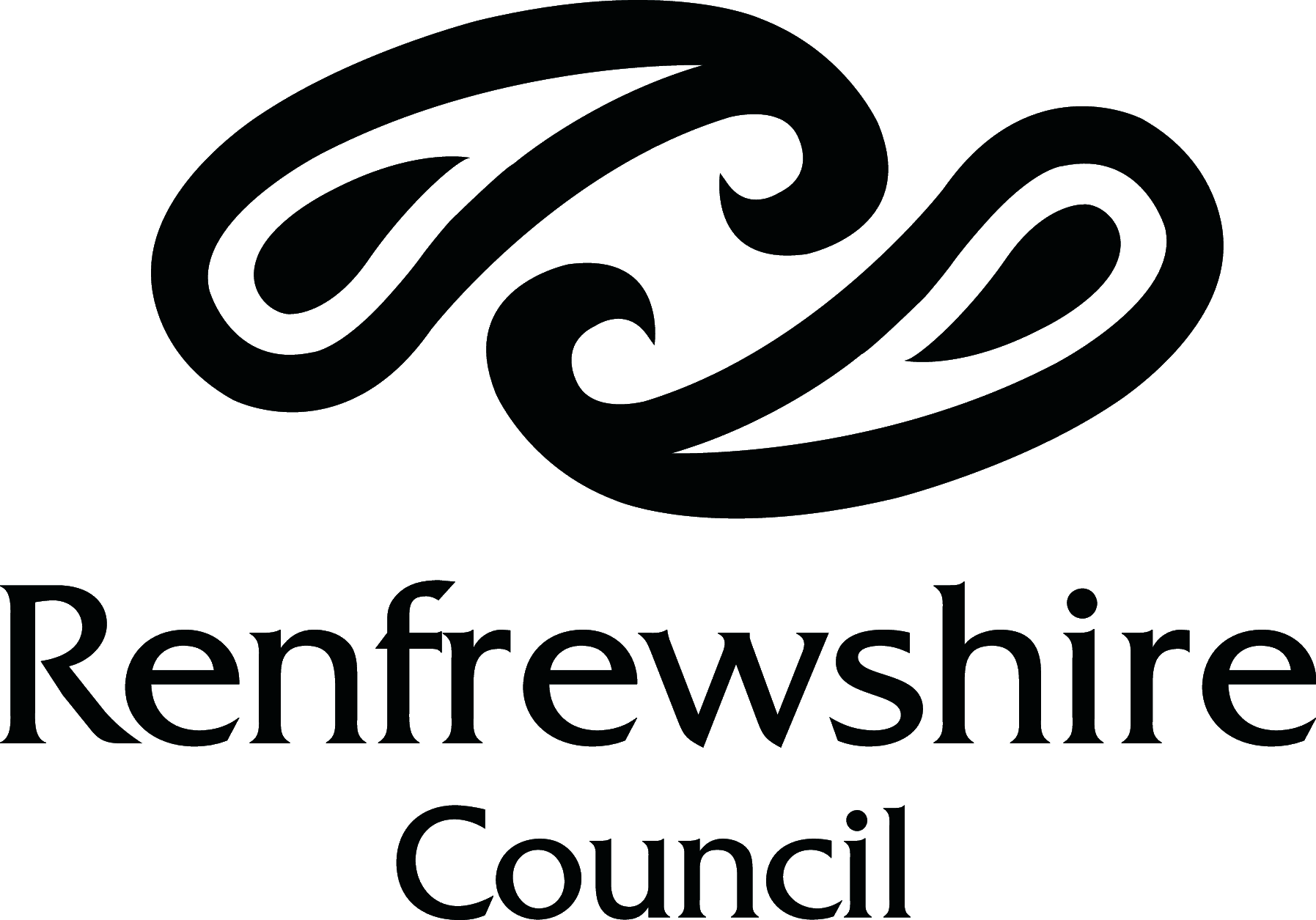New Patterns for Paisley Poetry and Publishing: What Does Scotland’s Literary Future Need?
 09 Mar 2021
09 Mar 2021
By Natalie Jayne Clark
Represented in the panel are a range of people involved in the book world, from writers to publishers to librarians, each with a connection to Paisley: John J Scally, Linda Jackson, Ryan Goodwin, Tracy Patrick, Jim Ferguson and debate facilitator Willian Burns.
Paisley Book Festival is in its second year and in both years has kept Paisley at its core – a question for the digital or hybrid future is: if everything moves online, would every book festival become a homogenised mix of curators, writers, audiences, and events from all over the world? What makes it Paisley Book Festival and not just another book festival?
The strong ties to Paisley and Renfrewshire through its annual themes, links with local writers, institutions and histories, and events like this one keep it rooted in its place of provenance. Still, what effect has the pandemic had on poetry and publishing, and indeed the literary and arts sector at large?
Jim Ferguson touched on writing groups, describing his time in Tom Leonard’s writing group in Paisley in the eighties; that writing group has had lasting benefits for Paisley. Others agreed on the power of writing groups in nurturing writers and as a space to share philosophies. These hubs of creativity and social interactions have, by necessity, moved to the online space. I joined a writing group at the beginning of the pandemic and the mentoring we have received over these few months has been a phenomenal catalyst for us all and it simply would not have happened if lockdown had not happened. Yet, watching this panel I can now appreciate what has been lost for those who had existing groups, such as that grounding in the local, the meeting with people nearby, the sharing of objects and books, the free flow of discussion that is stifled in the squares on Zoom. And ultimately the surroundings being central to the writing experience. Tracy Patrick feels ‘really rooted in Paisley as a writer’ because of things like its writing groups. Can I say the same, sat alone in my home, staring at squares on my screen in my pyjamas, miles away from the other writers?
When asked about the challenges of this period, the concept of solitude came up. Writing often is a solitary wee job, but – and the panel kept coming back to this – what is there to write about if you are not also living? The social life, the ‘live’ experiences in living, ceased to exist. John said that the solitude is ‘great in the abstract’ but the difference is when it is forced upon you. Solitude can be romanticised, especially for artists, but not as we have had it this year. How often have I dreamed that the world would sit still for a while so that I could read and read and read? My dreams were certainly not like this.
Linda described writers as ‘free spirits’ but what we have had is the choice taken away from us, that freedom. The panel discussed the psychological impact of this period in time. Tracy called it ‘such an extreme thing’ for us to deal with.
However, there have been opportunities presented during these times, a space to reflect and adapt. The importance of accessibility cannot be understated and the movement to the digital removes many barriers and hundreds more people are able to attend events than before. There are opportunities to connect, to play about with data and images and sounds and share like never before.
Yet, we should be cautious about this transition. We are the ‘soft’ human interacting with the ‘hard’ machine, and the digital space is not preferable or indeed accessible to all. Furthermore, it’s not just about the numbers attending events – what are they gaining from the experience? What is lost moving it from a physically grounded space? What is the purpose of places like libraries?
Social media is a powerful connector – if you have the training and the resources. Small presses cannot compete with global companies. Is social media simply glorified marketing?
Yes, a lot of these online experiences are free, and certainly don’t cost us as much in time or transport. Despite this, we cannot assume everyone is connected. The internet should be a basic right and this is currently outwith the control of the individual.
It is not just the internet and devices that should be more freely available in our imagined and improved future, but funding for the arts. The image of the struggling artist must be torn down. The discussion in this debate became particularly lively with the discussion of funding – funding applications in themselves are onerous, and they are also restrictive. How many boxes does an artist have to tick to become an artist? And how much do they have to say on the behalf of their benefactor before they can say their own truths? An idea was floated of an annual allocation to artists. Even small amounts would make huge differences to the quality of art in Scotland.
Something that stood out to me in this panel regarding literature and art in Scotland is that ‘our talent for literature has persisted…whatever political institutions have been in place,’ which is a very astute and morale boosting observation. But, this can mean that we take it for granted.
Wider discussions must be had about the hybrid future and what is a necessity – otherwise we risk the future of Paisley’s and Scotland’s literary future.
If you missed New Patterns for Paisley Poetry and Publishing you can watch again with this link until 26th March.





